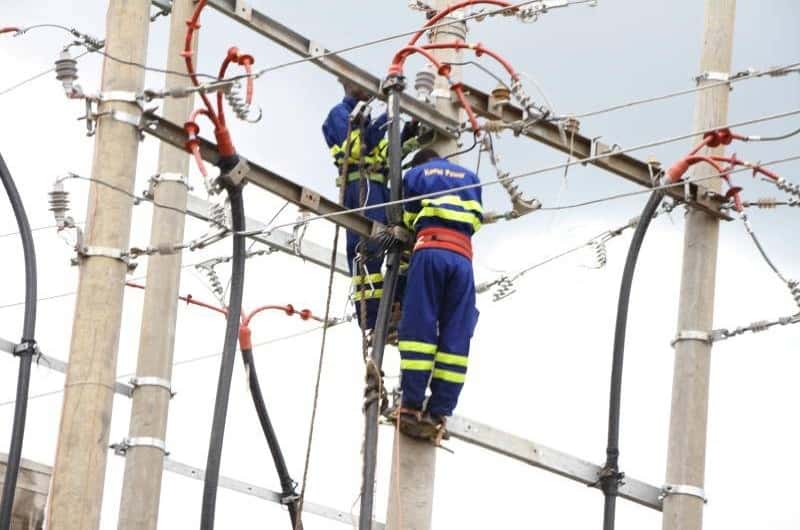
Kenya's irony heavily relies on good hydrology to power the nation and the almost accepted frequent power outages whenever it rains perplexes many consumers of electricity.
Kenya boasts some of the biggest hydropower dams in Africa, bigger than Tanzania and Uganda and only comparable to Ethiopia in the region. Hydro has been the mainstay of this nation from as early as 1924 when Ndula, the first hydropower station, was commissioned to generate power using water from Thika River.
Today, despite massive investments in other renewable energy sources like geothermal, wind and solar, hydro is still the leading source with close to 40 per cent of the national installed capacity.
The commencement of heavy rains in Kenya is, therefore, always welcomed with excitement among energy stakeholders. And there is a good reason to explain this – hydro is by far the cheapest of all sources.
On the other hand, consumers have little to celebrate in the equation of electricity and rains. As one prominent leader in Rwanda is known to say, it is better to have expensive power than not have it at all. While this argument is usually put forward in support of fossil and thermal energy, consumers also find themselves in this quandary when it rains.
But why is it so? Why is it that with the first fall of rain, which in Africa is associated with blessings, all we get are power outages? There is a cloudburst of explanations for this trend. The bad news is that while there is hope, Kenyans will have to contend with it for a while.
Ask any electrical engineer and you will get a simple explanation. The most obvious one being denial that rains do not cause outages and that trees and other foreign objects do. Well, the truth is, rains do cause power outages, directly or indirectly, by causing trees to fall on power lines, and in reaction to this, protective devices installed in the power system automatically disconnects the power.
You may want to invest in good lightning arrestors for those living in areas prone to lightning and thunder. The next time you are getting somebody to install power in your village home, please remember to ask them if they have installed arrestors. Yes, lighting also causes outages, especially in areas where arrestors have not been installed in the lines or are faulty.
Those in urban centres and big cities like Nairobi and Mombasa may not experience lightning because it is more likely than not already taken care of by the power authorities.
But even with the best lightning arrestors, this problem may not be cured entirely, especially in areas where trees grow freely near power lines. Lightning can strike a tree down and when this hits the power lines, the result is most often an outage.
Occasionally, you will see engineers clearing tree branches near power lines or cutting down the trees altogether to contain the problem.
But one may ask, is this problem only rampant in Africa? To this day and age, Africa is still referred to as the dark continent, not because the people are mostly black but for the obvious reason of the low access to electricity.
For this reason, it is not uncommon to hear people say those power outages are rare in developed countries. While this may be true in normal circumstances, when it rains, however, not even the advanced economies have found a lasting solution. Places like New Jersey, Texas, and Virginia in the United States are also known to experience long periods of outages associated with heavy downpour.
However, it is hardly reported. The news we get to hear about is about tornados and hurricanes, but what is clear is that in the wake of such storms, millions of homes are left without power for hours, even days.
Another major cause of outages that coincide with rains is road accidents. When it rains, Kenyans, for some reason suddenly realise, they need to move. Indisciplined road users decide to overlap using wayleaves and that is when many accidents happen with some of them knocking down power lines.
Animals like cows, baboons, monkeys, snakes, birds and even rodents are also known to cause havoc in the power transmission and distribution value chains.
However, the good news is that engineers today keep coming up with innovative solutions for such problems and soon, Kenyans may be able to enjoy a steady power supply even when it rains.







